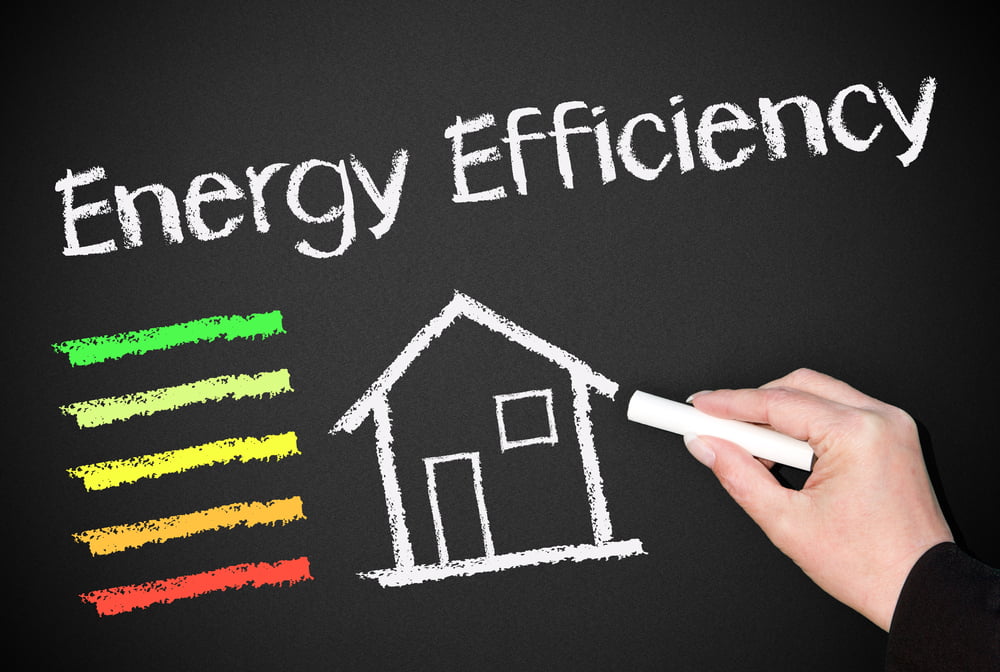
When we were a species of hunter-gatherers, efficiency was important, but not nearly as important as it is now. We would chop wood for fires, but if we chopped too much, or lost some, it wasn’t the end of the world; we just had to go chop more, an inconvenience, not a threat. Now, heating our homes can bring about a few more consequences. An inefficient heating system will cost you more money, quite akin to the extra labour of losing chopped wood, but more importantly, we now use resources that cannot be renewed; every inefficient furnace is contributing to climate change. Sustainability is key.
Knowing this, how do you evaluate the efficiency of your furnace? One way is by looking at the annual fuel utilization efficiency (AFUE) of the system. The AFUE is a measure of how much fuel is wasted, that is, how much fuel does or does not go into heating your home. When your unit has an AFUE of 80%, it means 20% of the fuel you’re using doesn’t go to heating your home; that’s 20% more expensive and wasteful than a hypothetical 100% AFUE unit. It’s important to keep in mind that as your furnace ages, it’s AFUE will begin to drop; worn out mechanisms and blocked ventilation systems will also reduce efficiency.
AFUE doesn’t tell the entire story, however. An electric furnace would have an AFUE of near 100%, because almost 100% of the electricity goes to heating the coils; electricity, however, is much less efficient per dollar compared to natural gas at creating heat. Additionally, when you’re heating your home electrically, you have to consider the source of the electricity; if it’s coal-powered plants, you’re really not doing much better for the environment or your wallet.
One way of checking how efficient your furnace is over time is by comparing the heating bills from one year to the next. Keep in mind that the cost of fuel for your furnace might have changed; once you factor that in, see whether or not the costs are comparable. If not, consider a few factors. Is your furnace getting old? Maybe a maintenance plan could help keep it in shape. Is your home getting old? Check the insulation, and see if there are programs that can help you get new insulation. Have you been turning up the temperature more from year to year? Consider lowering the temperature by a degree or two; generally, a degree of difference isn’t something that will affect your comfort, but it will affect your heating bill over the course of a year.
If you’ve controlled for all other factors and your heating bill still seems high, it might be time for a new furnace; either your furnace’s AFUE has degraded, or it wasn’t that great in the first place. A new furnace might seem like a high upfront cost, but over time it’s worth it, both for your wallet and for the environment. At Provincial, we’re heating and cooling specialists; we’re amazing at furnaces and among the best air conditioner repair professionals. If you need any HVAC system repaired, replaced or maintained, get in touch with us!

